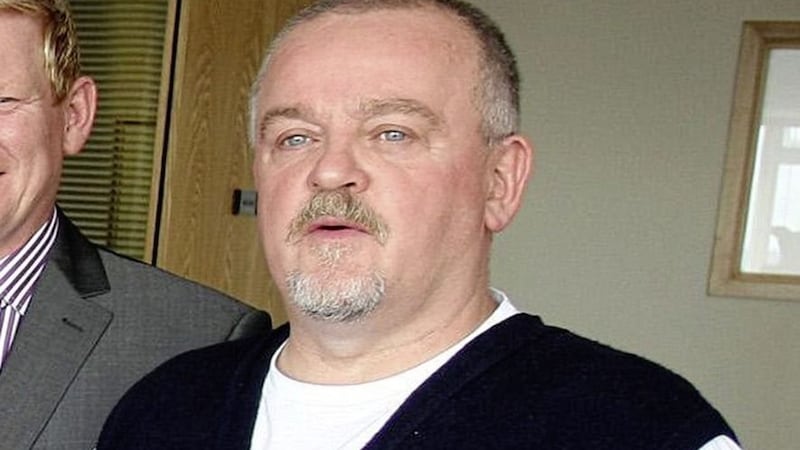When all the anger and recrimination surrounding the debate over pensions for victims of the Troubles fades away, the simple truth expressed by Jude Whyte, someone who understand grief on both sides of our divided society, will endure.
Mr Whyte lost his mother, Peggy (51), when loyalists bombed their home on University Street in south Belfast in 1984 for purely sectarian reasons, also killing a police officer, Michael Dawson (22), as he tried to protect everyone in the vicinity.
It was not the first time that the family living in a vulnerable area had been targeted by the UVF, as the previous year an attempt was made to throw a grenade through a window of their terraced house.
When the device exploded prematurely outside, the first person to run to the perpetrator’s assistance, comforting him with a pillow and blankets as he lay in a critical condition on the pavement, was Peggy Whyte.
The individual concerned is understood to have died some years later, after he received a recorded sentence because he was too badly injured to be accommodated in prison.
It was a case which graphically illustrates the complexities over terms actually served which are intensifying, but Mr Whyte, who was a member of the Commission for Victims and Survivors, had no doubt about what should happen next.
In an interview with The Irish News last Friday, he said he would always have agreed that a payment should be made to the man who suffered devastating consequences while trying to kill his mother.
Mr Whyte said; `Money is not going to make us love each other but this is a human story and the politics of this is a disaster...someone is going to have to give.'
The reality is that all sides - nationalist, unionist and the British government - will have to concede ground if a vital measure, designed to ease the pain of those suffering across our community, is to be fairly implemented, and a crucial test of our restored devolved institutions is to be addressed.
It is entirely reasonable to expect that Westminster will fund the project but it is equally essential that the main Stormont parties will find ways to compromise on their positions and respect the basic Christianity at the heart of the message from Jude Whyte.








